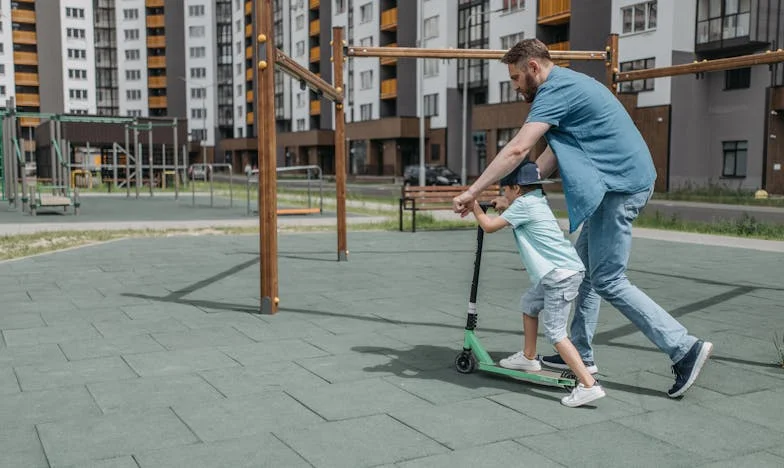A Playground Confrontation: Defending My Daughter Leads to Regret
It was a sunny afternoon when I decided to take my three-year-old daughter, Ashley, to the local playground. Ashley, with her bubbly and outgoing nature, was always eager to meet new friends and play. As a parent, I’ve always admired her ability to connect with others so effortlessly. However, that day, an incident occurred that made me question my actions and left me with a lingering sense of guilt.
As Ashley was playing on the swings, I noticed a group of children nearby, among them a girl named Mackenzie. Mackenzie was known in the neighborhood for being somewhat bossy and confrontational, but I had never seen her behavior firsthand until that day. As Ashley approached the group, hoping to join in their game, Mackenzie immediately singled her out, calling her names and telling her she wasn’t welcome to play with them.
Seeing my daughter’s confused and hurt expression, something inside me snapped. I marched over to the group, my heart pounding with indignation. I confronted Mackenzie, telling her in no uncertain terms that her behavior was unacceptable and that she should apologize to Ashley immediately. Mackenzie, taken aback by my stern tone, mumbled an apology before running off, tears welling in her eyes.
At that moment, I felt a sense of satisfaction, believing I had defended my daughter and taught Mackenzie a lesson. However, as I watched Mackenzie’s retreating figure, my triumph quickly turned to remorse. I realized that I had let my emotions get the better of me and had reacted too harshly towards a child who was barely older than my own daughter.
The ride home was silent. Ashley, sensing my mood, didn’t speak much either. That night, as I lay in bed, the incident replayed in my mind. I couldn’t help but feel that I had failed as a parent. Instead of using the situation as a teaching moment for both children about kindness and understanding, I had escalated the conflict. My actions had not only upset Mackenzie but had also set a poor example for Ashley.
In the days that followed, I couldn’t shake off the guilt. I reached out to Mackenzie’s parents, hoping to apologize for my behavior, but they were understandably cold and distant. The playground, once a place of joy and laughter for Ashley and me, now felt tainted by my actions.
This incident has left me with a heavy heart and a resolve to handle such situations differently in the future. I’ve learned that reacting in anger, especially in front of our children, can have lasting consequences. As parents, it’s our responsibility to model the behavior we wish to see in our children, something I regrettably forgot that day on the playground.
